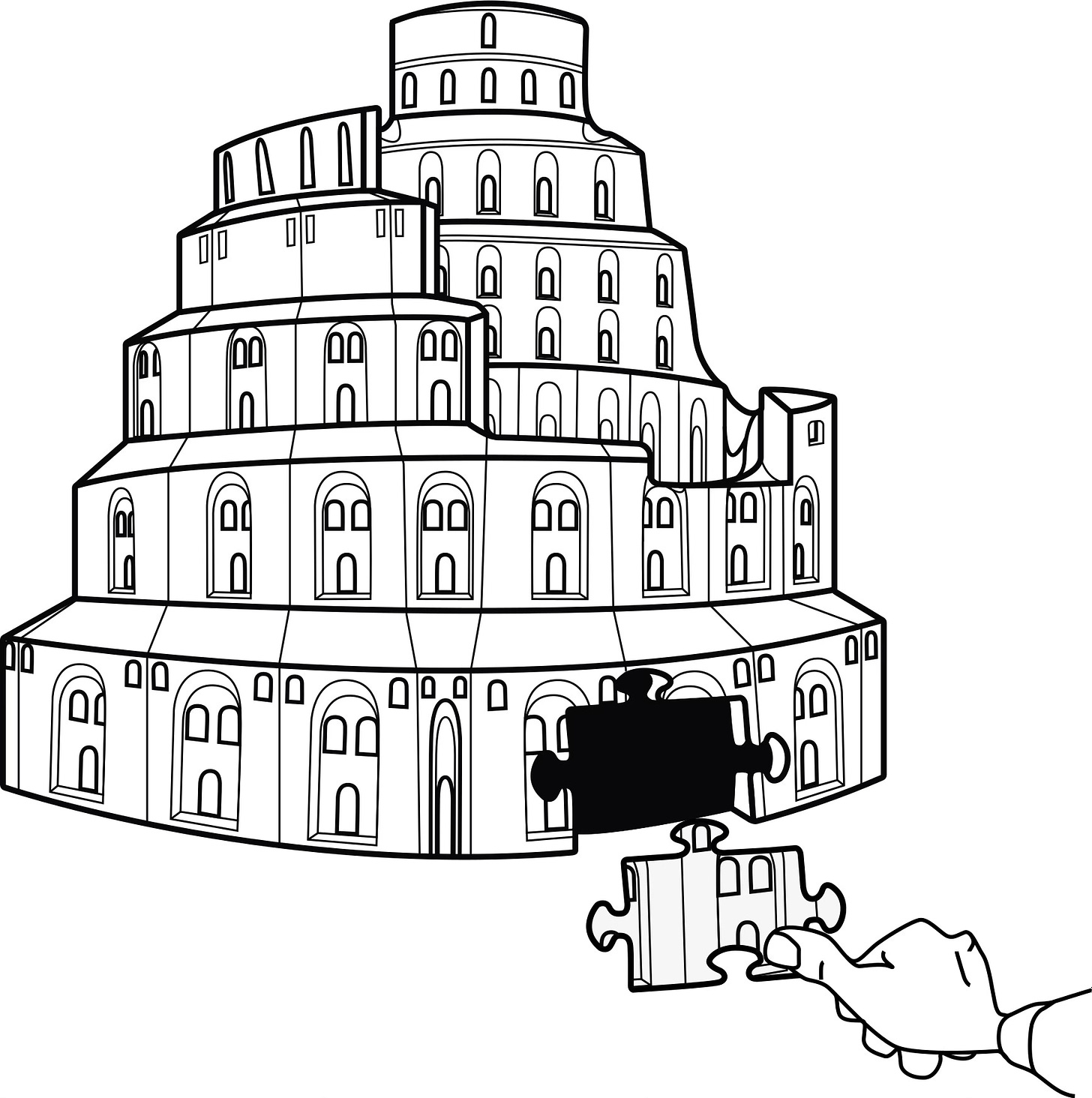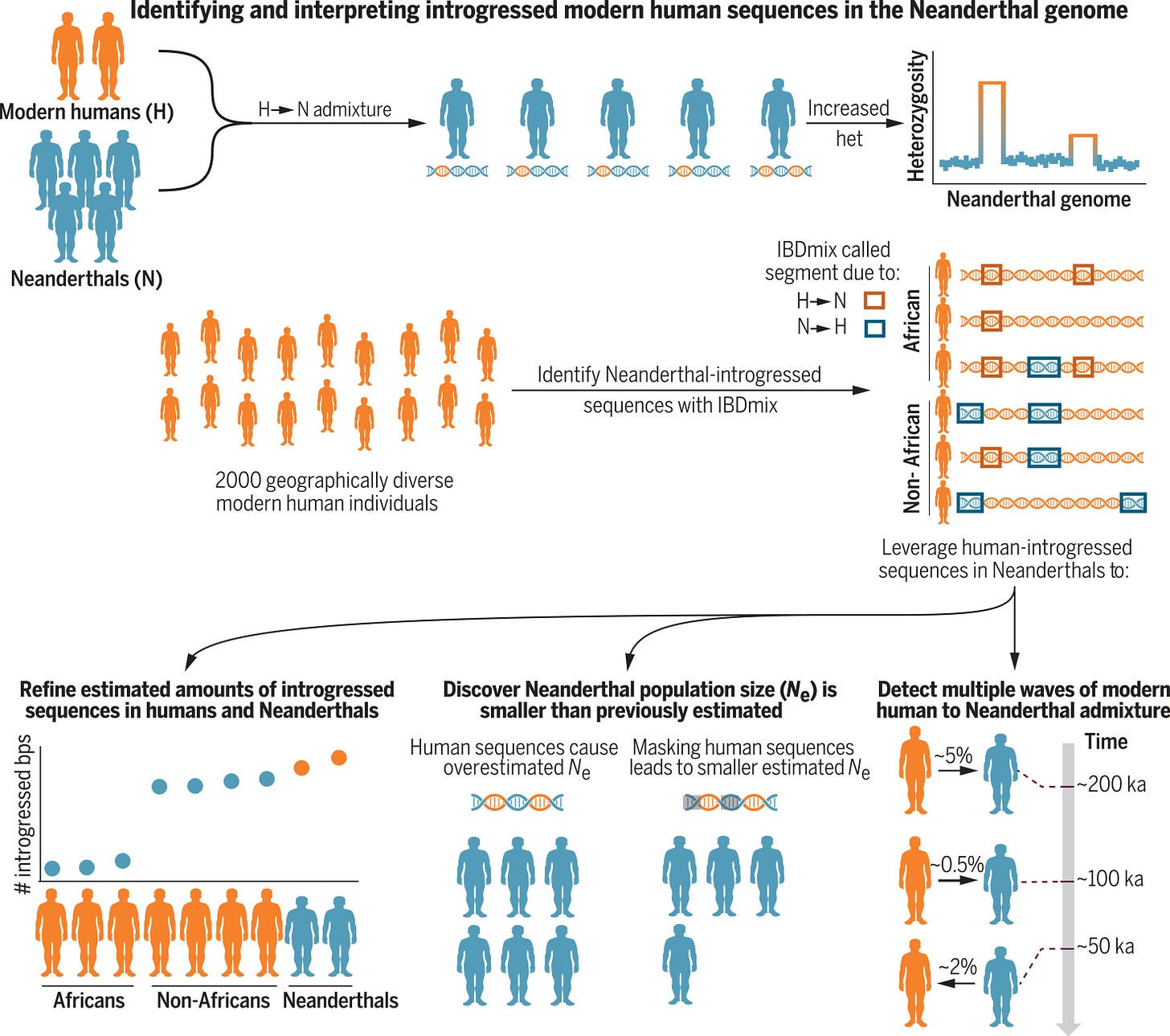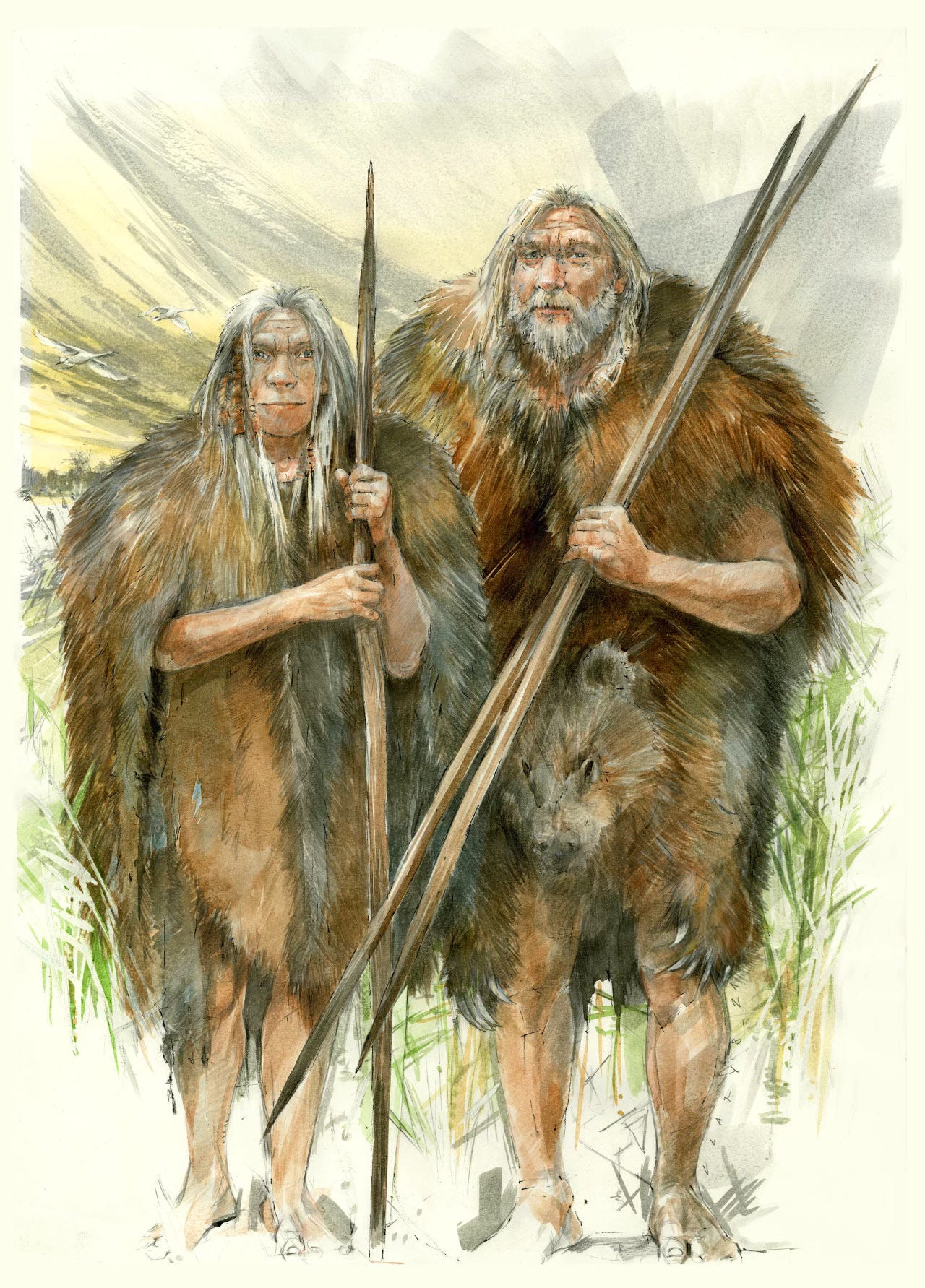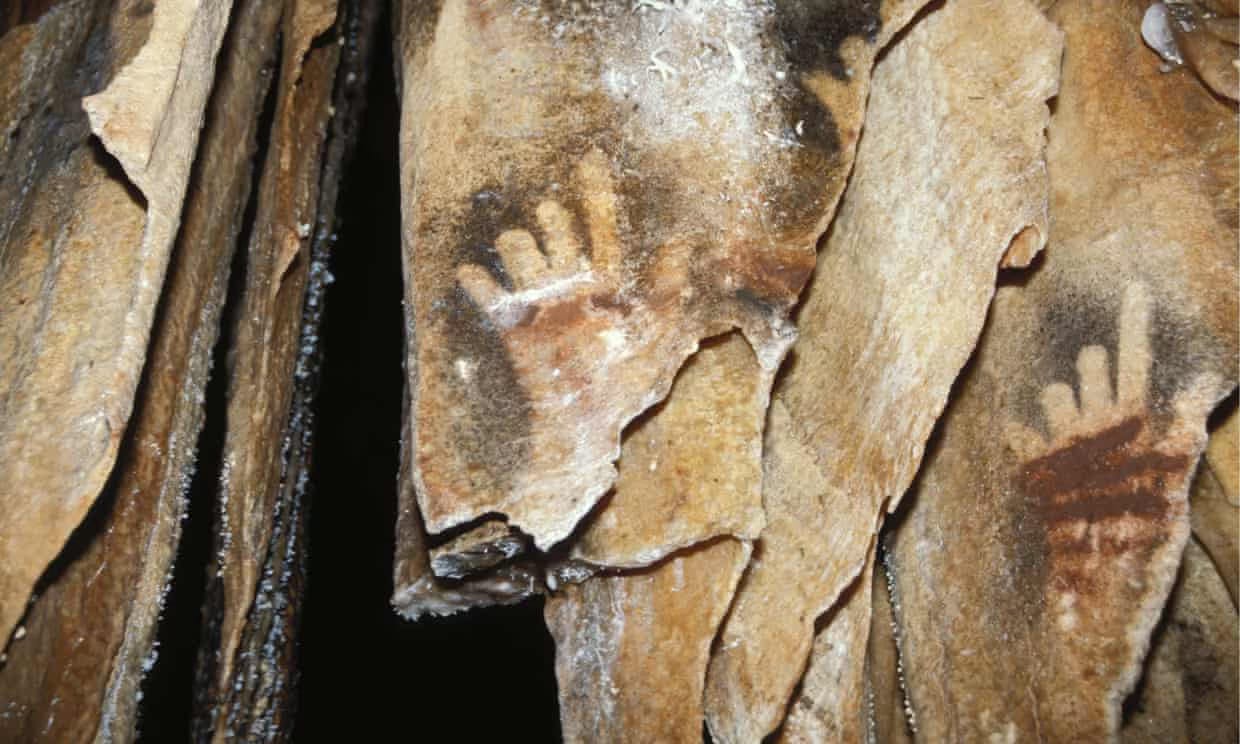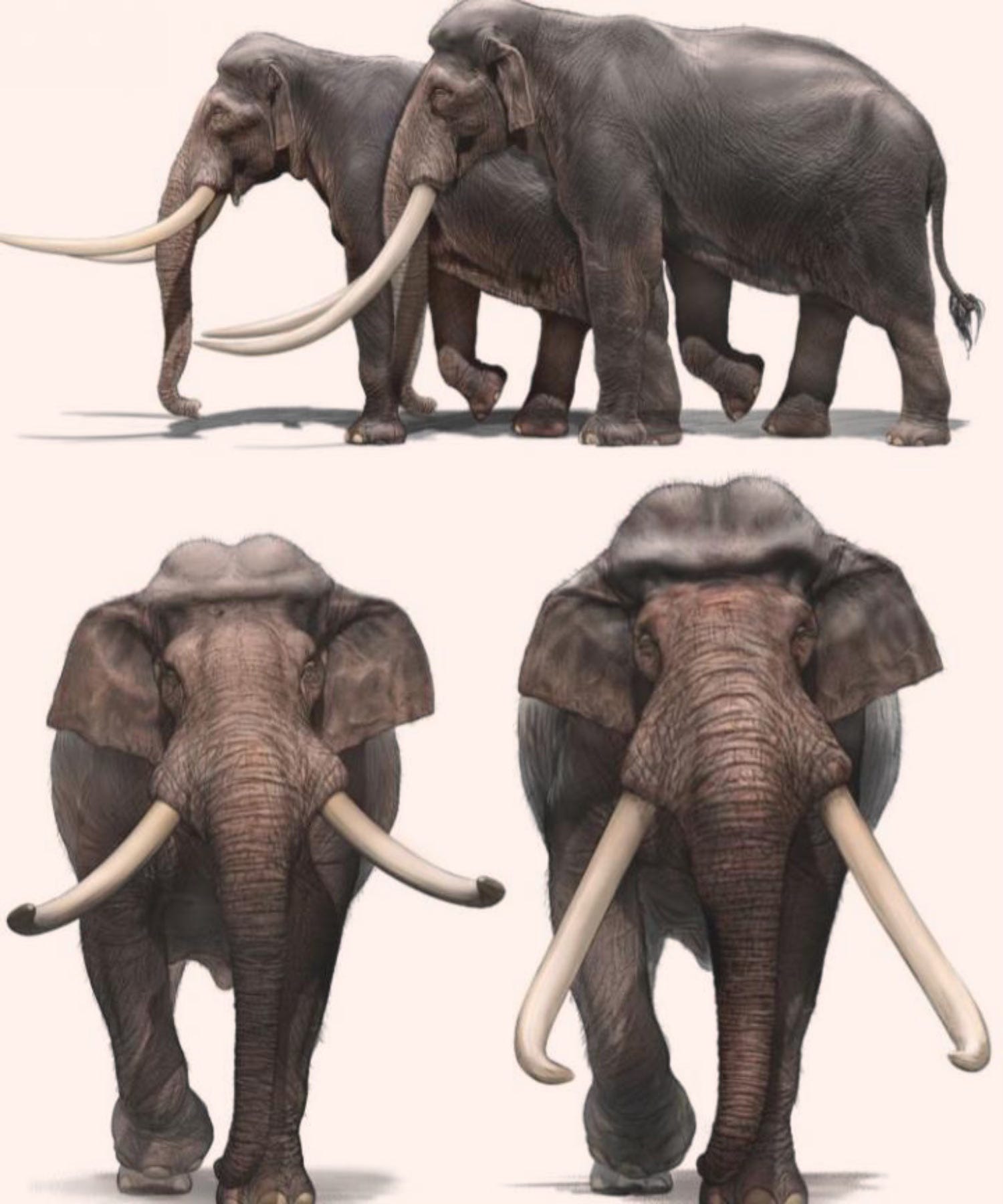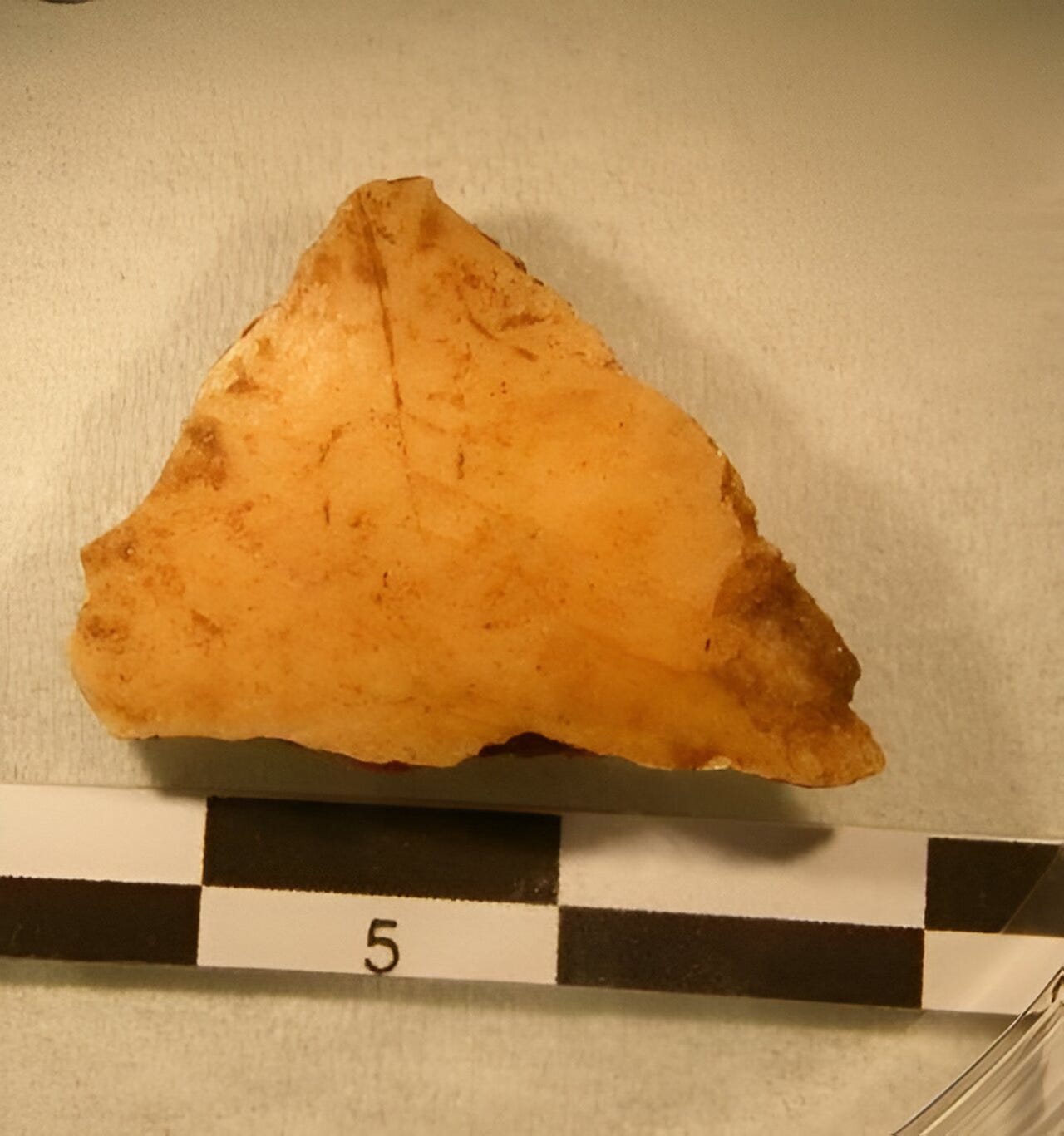A Glimpse into Ancient Babylonian Literature Resurrected in the Digital Age
Delving into the enigmatic world of cuneiform clay tablets, researchers have harnessed AI technology to crack the code of ancient Babylonian literature. Led by Professor Enrique Jiménez1, the Fragmentarium project at LMU's Institute of Assyriology aims to digitally piece together fragments of the Gilgamesh epic and other Babylonian texts. Dating back over 4,000 years, these manuscripts, written in Sumerian and Akkadian languages, have long intrigued scholars but survived only in fragmented form.
Digitizing History: From Clues to Complete Narratives
The Babylonians crafted their stories on clay tablets, now scattered as fragmented remnants. Over centuries, scholars have meticulously transcribed and compared these fragments to reconstruct tales of Gilgamesh's quest for immortality and hymns glorifying the vibrant city of Babylon. However, Jiménez's team is revolutionizing this process by leveraging an algorithm to identify, match, and digitally compile fragments, breathing new life into ancient narratives.
The AI Breakthrough: A Glimpse into the Past
In an unprecedented discovery, the AI identified a fragment from the Gilgamesh epic dated around 130 BC, shedding light on late adaptations of this timeless tale. Beyond Gilgamesh, the project unveiled previously unknown Babylonian genres, like hymns praising the lively essence of Babylon itself. This innovative approach accelerated discoveries, revealing 15 new fragments of these hymns and even uncovering their role in ancient Babylonian education.
Relevance Across Millennia: Questions of Mortality
Professor Jiménez highlights the relevance of ancient texts to modern existence. Babylonian literature grappled with timeless queries on mortality and life's ephemerality. The questions posed by Gilgamesh still echo today, emphasizing the perpetual quest for understanding the human condition across generations.
Legacy and Ruin: Echoes of Mortality
As these revelations continue, the city of Uruk, once celebrated in literature, remains in ruins—an eerie reflection of the transient nature of existence. Through deciphering ancient texts, humanity gains a window into civilizations long past, their struggles, philosophies, and, ultimately, the enduring search for answers to life's deepest mysteries.
In an age of technological prowess, AI stands poised to unlock the secrets of ancient literature, not merely as a scholarly pursuit but as a reflection of humanity's enduring quest for understanding in a changing world.
https://github.com/ElectronicBabylonianLiterature



